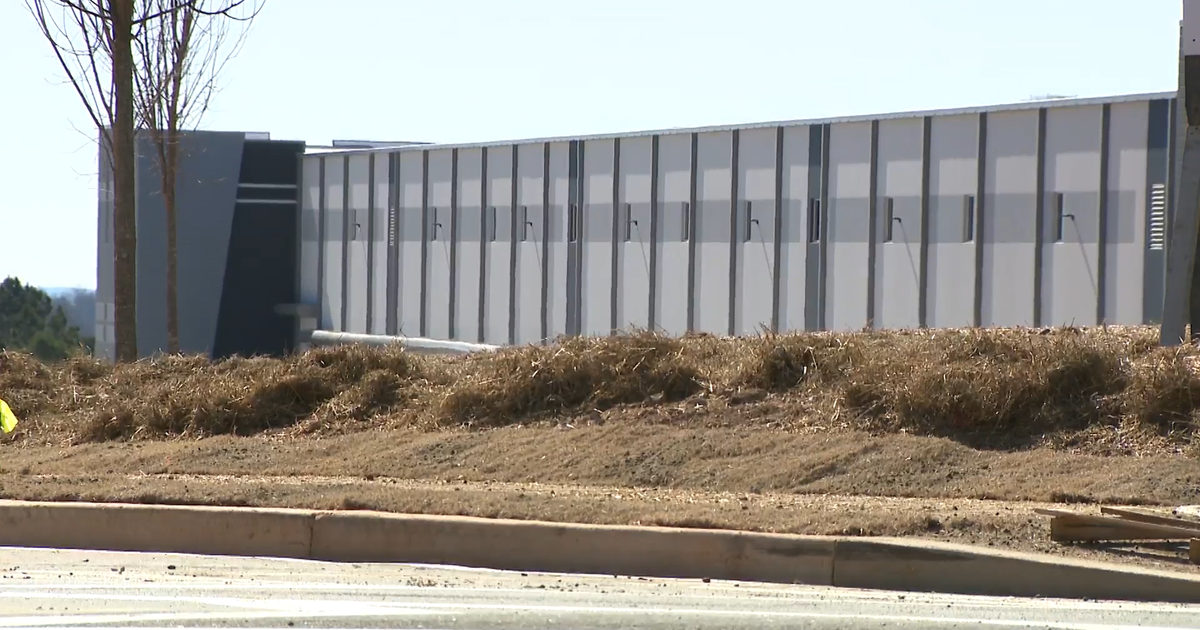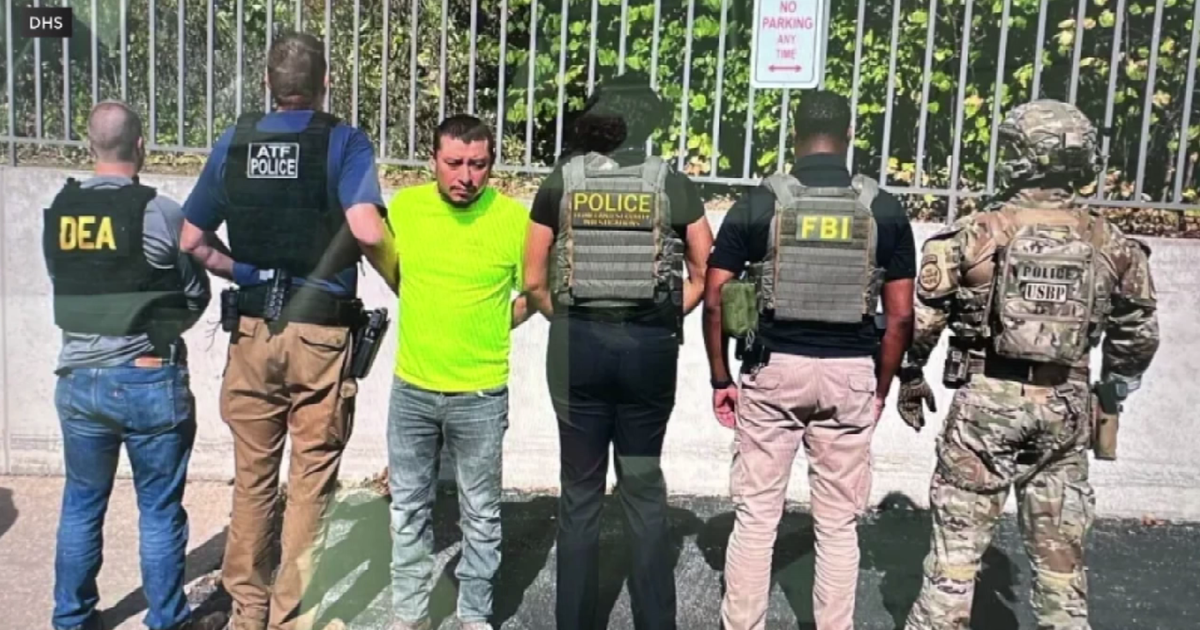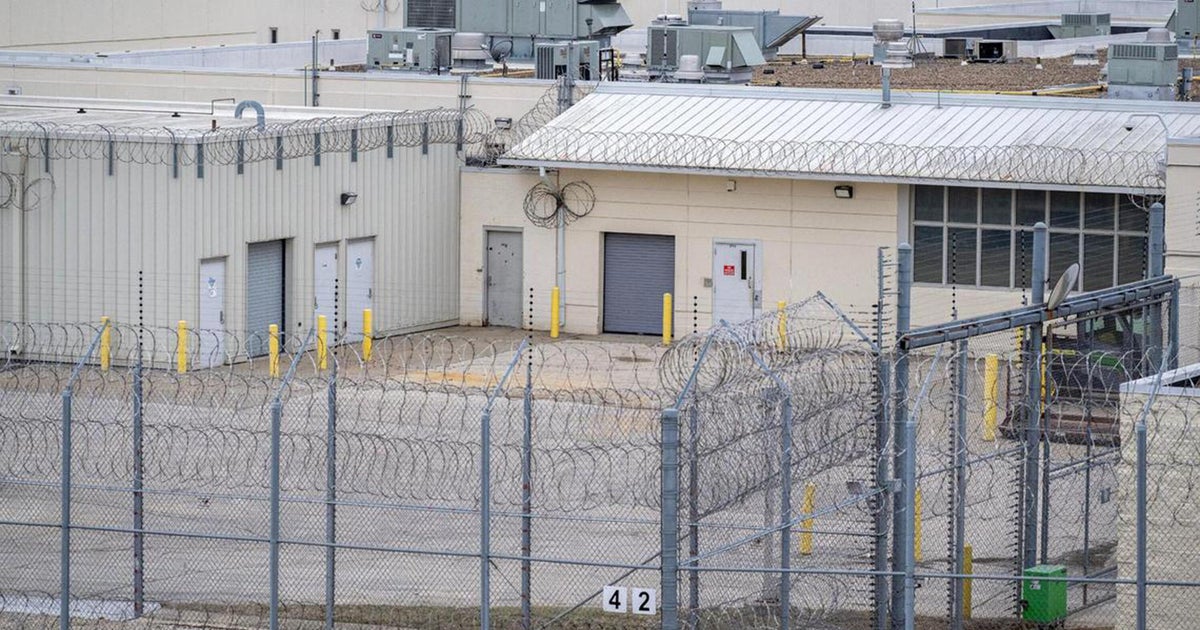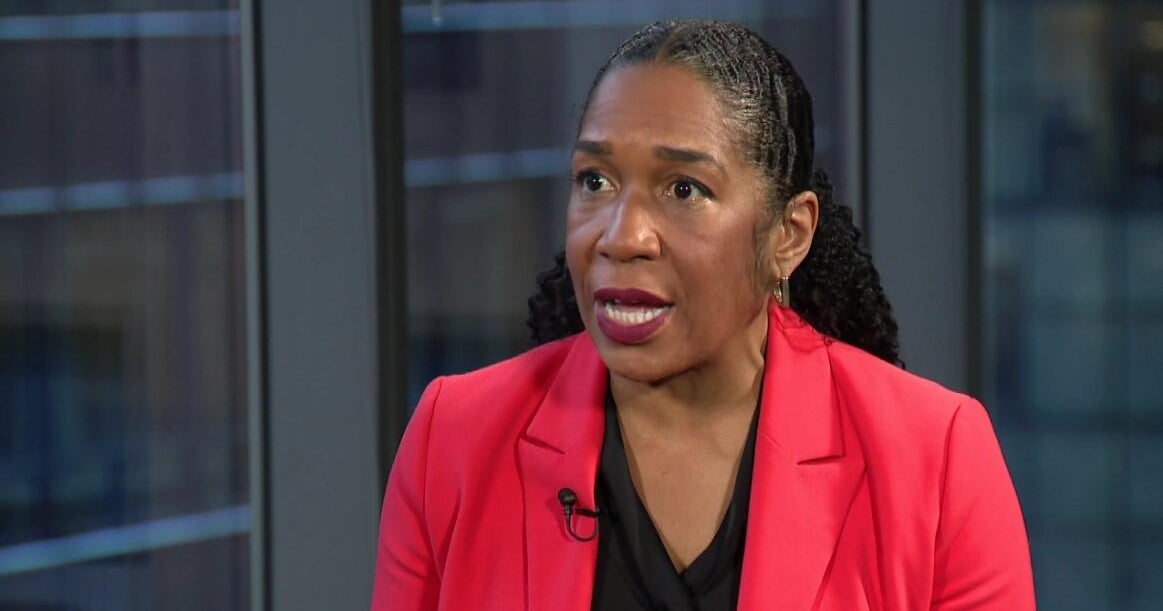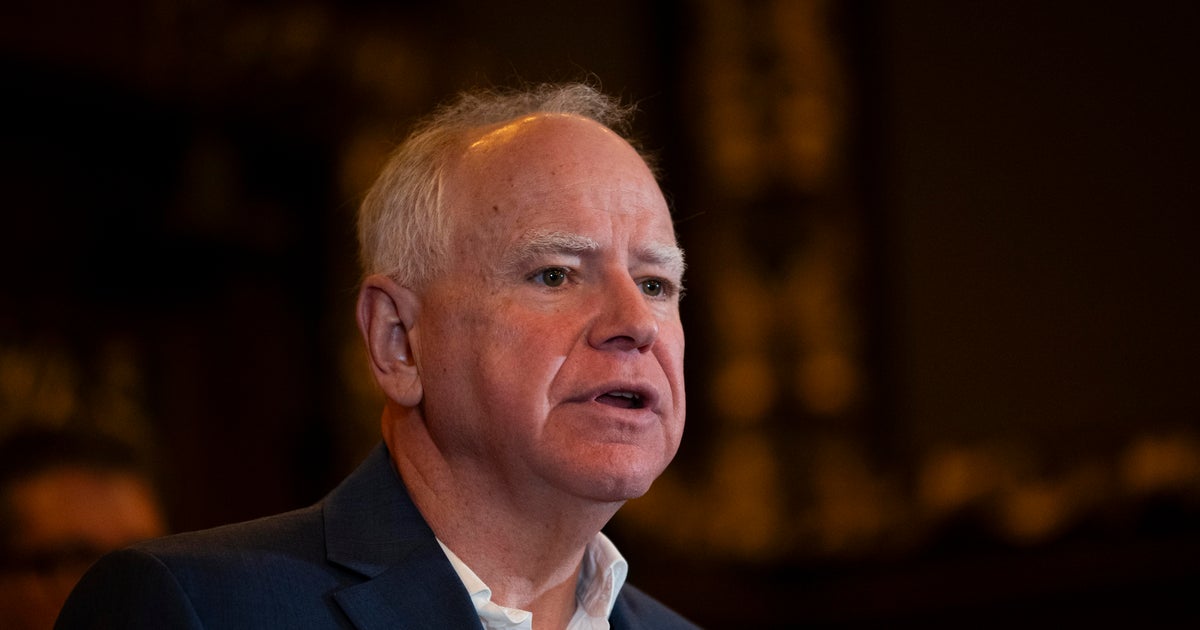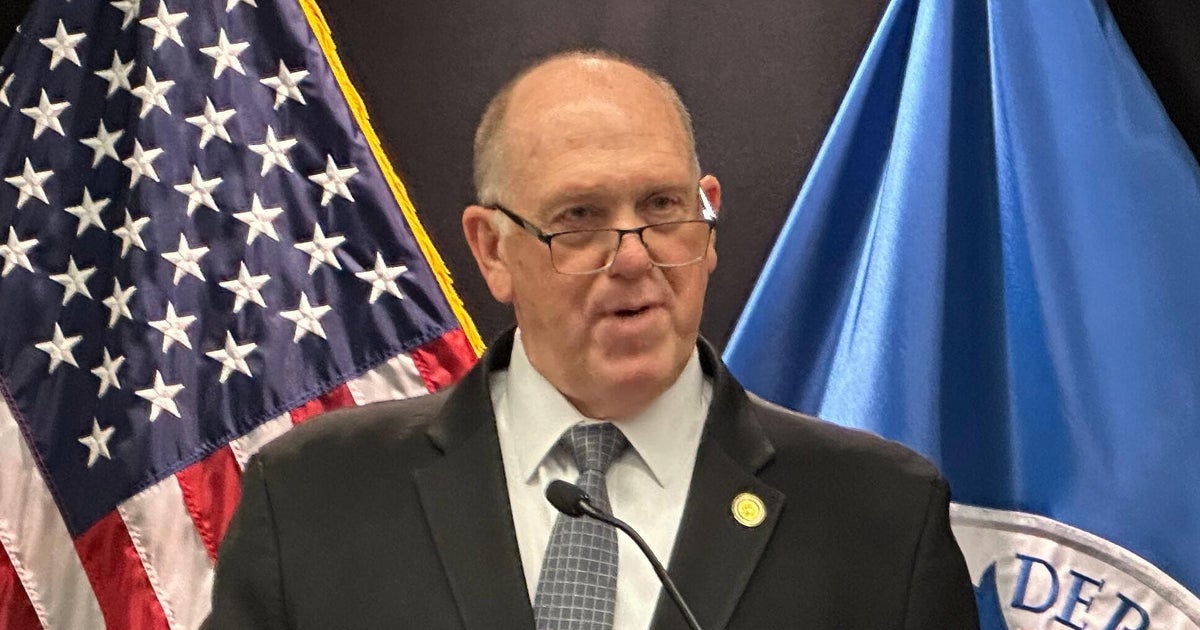Almost 1,200 Immigration Cases In Illinois Canceled Due To Government Shutdown, Buying Immigrants More Time
CHICAGO (CBS) -- Almost 1,200 immigration cases in Illinois have been canceled since the government shutdown. More than 42,000 cases have been canceled around the country.
The government shutdown stems from the dispute over border security, but with the government shutdown immigration cases aren't getting heard, and in some circumstances it's buying immigrants more time in the country.
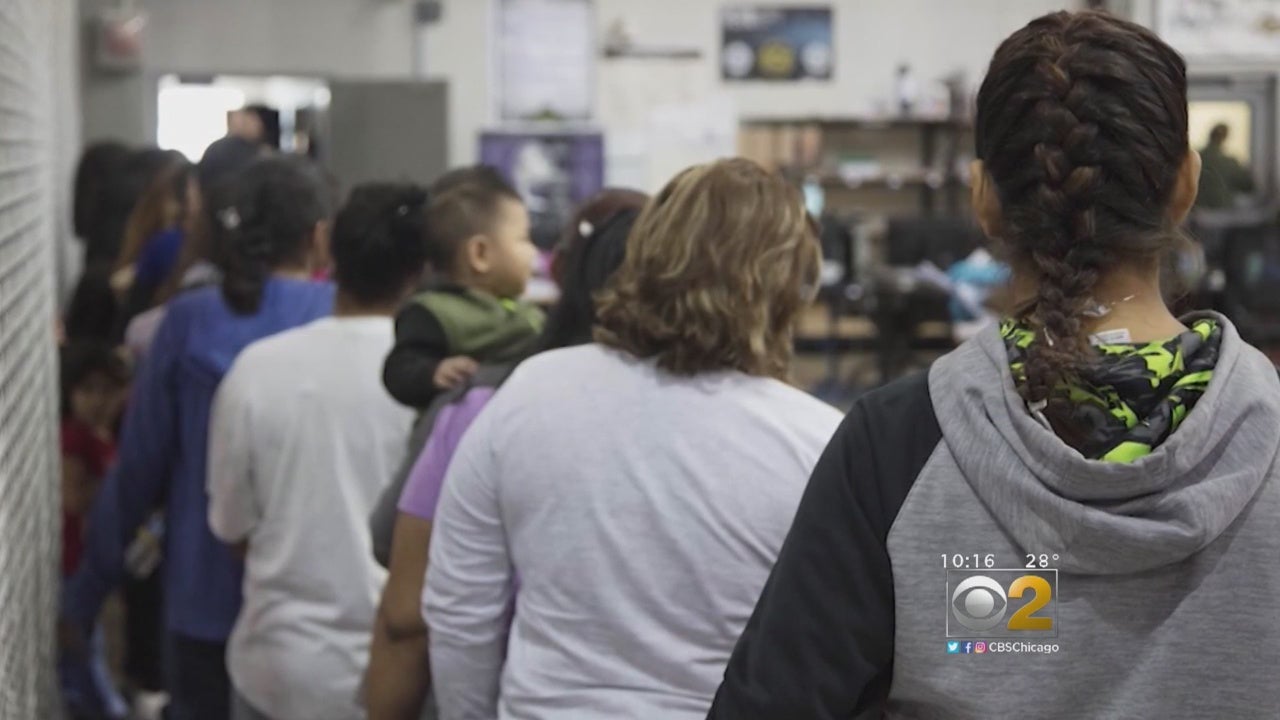
"She's worried and concerned about what her future holds as well as for her children," a Spanish-speaking mother of three, who asked not to be identified, told CBS 2 through an interpreter.
She sought asylum in Chicago, fleeing an abusive husband in Mexico.
"She's worried and very concerned, because she's waited over three years for her date to come, and now her date has come, and she's stuck, and she's in limbo. She doesn't know what is going to happen," the interpreter said.
Her immigration hearing earlier this month was canceled, along with nearly 1,200 other people across the state, due to the government shutdown, according to a new Syracuse University study.
If the shutdown continues to February, about 3,000 cases are expected to be canceled, and almost 5,000 if the dispute over border wall funding lasts until March.
California has already seen more than 9,000 immigration status hearings canceled.
"What that means is that folks who have been waiting maybe a couple of years for their court hearing, whether it be asylum or deportation, they aren't having their court date and they don't know when their next court date will be," said Erendira Rendon, vice president of immigration and advocacy at the Resurrection Project.
The canceled cases create confusion and uncertainty for some, but for others it's going to buy them some more time. And they are going to stay for a couple more years in Chicago.
"There are some folks who are facing deportation, and maybe it's going to be their last hearing, and it doesn't look good, and for them it's going to buy them time, and they're going to be able to stay for a couple more years in Chicago," Rendon said.
"It's helping her buy time, but she also has to pay for the lawyer. Those fees don't stop, so its affecting her economically and financially," the woman's interpreter said. "She just wants to get this resolved and try to get an answer from the government."
It's unclear when those canceled cases will be heard. Those involved with the study say it could be several more years before they are up before a judge again.
